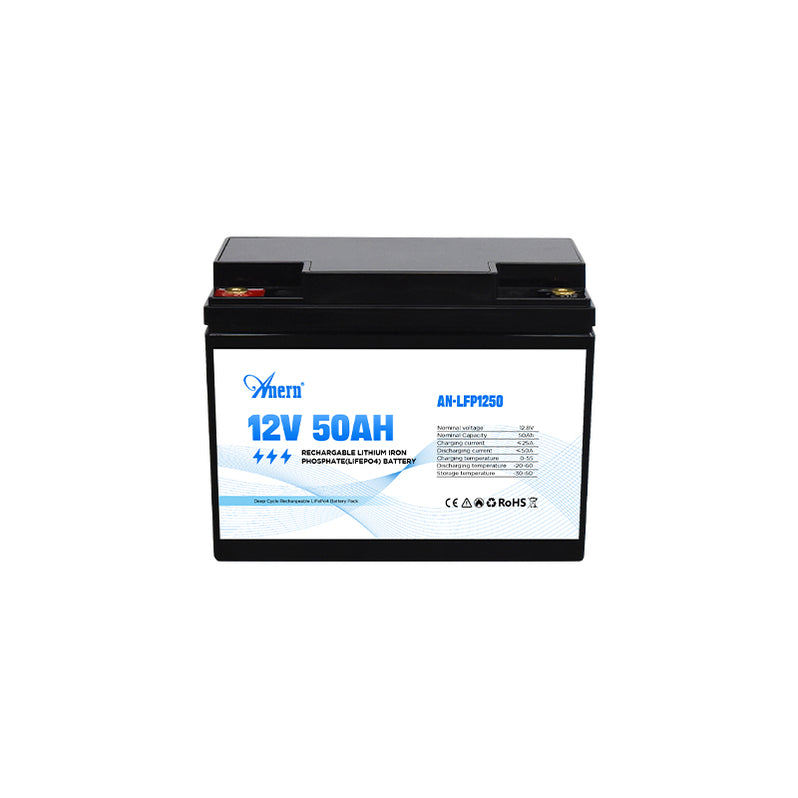Unlock the Secrets to Finding the Perfect 12 Volt Solar Battery!
In today's world, the shift towards renewable energy sources is more crucial than ever. One essential component in this transition is the 12 volt solar battery, which serves as a reliable storage solution for solar energy. These batteries are particularly useful in various applications, including powering RVs during road trips, maintaining energy supplies on boats, and providing electricity to off-grid homes. Understanding the significance of a 12 volt solar battery not only enhances your energy independence but also contributes to a more sustainable lifestyle. This article aims to guide you through the process of selecting the right battery for your needs, ensuring you make an informed and confident purchase.

Understanding 12 Volt Solar Batteries
A 12 volt solar battery is a rechargeable battery designed to store energy generated from solar panels. It plays a pivotal role in a solar power system, allowing you to harness solar energy even when the sun isn't shining. There are several types of 12 volt batteries available, each with distinct characteristics. The two most common types are lead-acid and lithium-ion batteries. Lead-acid batteries are often more affordable and have a proven track record, making them a popular choice for many users. However, they are heavier and have a shorter lifespan compared to lithium-ion batteries, which are lighter, more efficient, and have a longer cycle life. Understanding these differences is essential in selecting the right battery for your solar setup.
Factors to Consider When Choosing a 12 Volt Solar Battery
When it comes to choosing a 12 volt solar battery, several key factors should be taken into account. First, consider the battery's capacity, usually measured in amp-hours (Ah), which indicates how much energy it can store. Next, the depth of discharge (DoD) is crucial; this refers to the percentage of the battery that can be safely used before recharging. A higher DoD means more usable energy but can shorten the battery's lifespan. Lifespan is another important factor; while lead-acid batteries typically last 3-5 years, lithium-ion options can last up to a decade or more. Lastly, efficiency plays a vital role in how effectively the battery converts and stores solar energy. Evaluating these factors will ensure you select a battery that meets your specific energy needs.
Where to Find Quality 12 Volt Solar Batteries
Sourcing a quality 12 volt solar battery can be straightforward if you know where to look. Online suppliers offer a wide range of options and often have competitive prices. However, purchasing from local retailers can provide the advantage of immediate availability and the opportunity to seek expert advice. Specialty stores that focus on renewable energy solutions can also be valuable resources, as they typically carry high-quality products and knowledgeable staff. Regardless of where you decide to purchase, always check for certifications, warranties, and customer reviews. This ensures that you are investing in a battery that meets safety standards and performs reliably.
Tips for Purchasing a 12 Volt Solar Battery
Buying a 12 volt solar battery doesn't have to be overwhelming. Start by comparing specifications across different brands to identify which models align with your needs. Understanding warranties is crucial; a longer warranty often indicates a manufacturer's confidence in their product. Don’t hesitate to reach out to experts or customer service representatives with your questions. Their insights can be invaluable in assessing the best value without sacrificing quality. Additionally, personal experiences can also guide your decision; for instance, a friend of mine recently purchased a lithium-ion battery and was impressed with its performance, which influenced my own choice. Taking these steps will help you navigate the purchasing process with ease.
Essential Insights for Choosing Your Solar Battery
In summary, selecting the right 12 volt solar battery is a crucial step towards enhancing your renewable energy setup. By understanding the different types of batteries, considering essential factors such as capacity, depth of discharge, lifespan, and efficiency, and knowing where to find quality options, you can make an informed decision. Remember to utilize practical tips for purchasing and don't shy away from seeking advice. With the right information and resources, you can confidently take the next steps in your journey toward energy independence.








